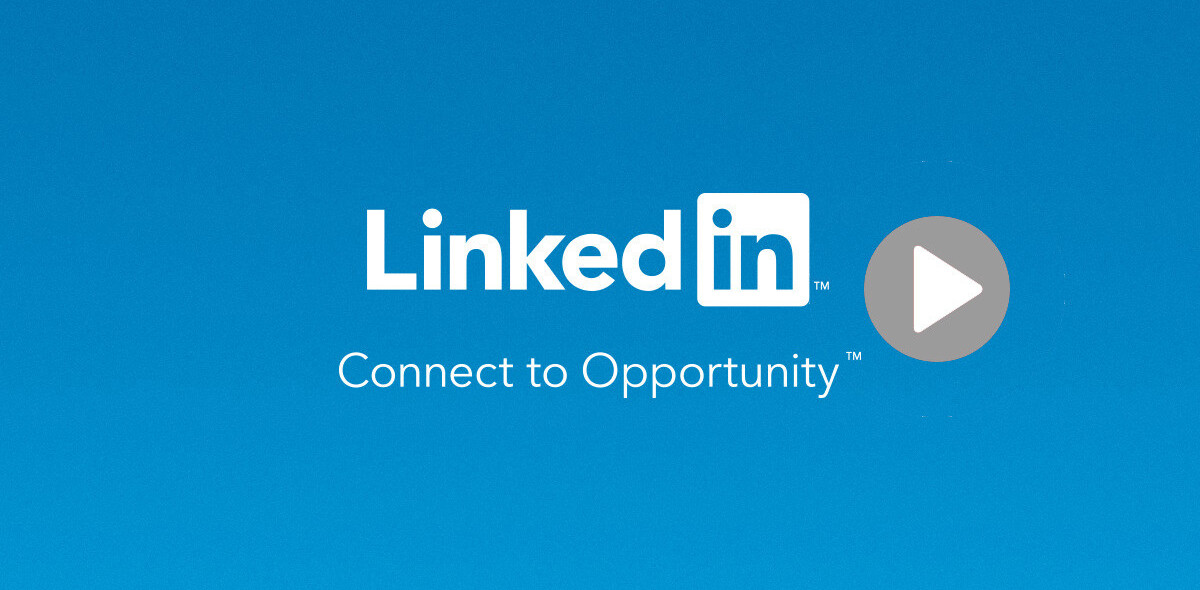
With over 135 million users, 59% of which are located outside of the United States and with 75 of the Fortune 100 companies using the network for marketing and recruiting purposes, LinkedIn has become a critical platform for building, connecting with, and growing your personal and professional networks.
As the leading business social network, LinkedIn offers the chance to connect with professionals all around the world and from all industry backgrounds. But how do you convert networks into customers, and ‘likes’ into sales?
1. Learn from your peers
Successful marketing is all about listening to what your market needs. The LinkedIn Groups feature provides a space where you can discuss issues with others in your industry and learn from their advice. You can bounce ideas off industry experts and stay informed on new developments. You also have an opportunity to establish yourself as an expert in a certain industry/area allowing you to build relationships with current and prospective customers in a more organic and credible fashion.

2. Build on your niche
It doesn’t matter how specific your company’s product or service, LinkedIn allows you to connect with companies or individuals by industry, company size, geographic location, and more. By targeting your network-building, you are able to focus your time on building relationships that count.
3. Use Company Status Updates
You can post the latest news, product updates, videos and promotions on your Company Profile and instantly learn how it is being received with likes, comments and shares. Just like with any community, make sure your content strategy is relevant, adds value and promotes discussion. Use feedback to adjust your posting frequency or alter your content based on what is popular or what is missing.

4. Ask your audience
LinkedIn provides a channel to your audience, but communication doesn’t have to be one-way. You can use your Company Profile to ask customers what they think, and engage with issues they might face. Asking for feedback can provide a wealth of market information from your core audience. If your Company Profile is too limiting, consider setting up a group or groups that meet a particular need among your audience.
You can also use LinkedIn’s polling feature. LinkedIn Polls is just like any other polling service: everyone can ask any query, include possible answers (as much as five) as well as select how much time it’s going to run. There is an ability to share content out via your social networks or upload it on your website to acquire the highest possible voting power. Analytics data is what’s valuable here: you can break down voters by age, gender and even seniority.
5. Use LinkedIn Ads
If used correctly, LinkedIn Ads can offer a low-cost alternative to traditional advertising. Because of the number of LinkedIn accounts (135 million worldwide), each with detailed profile information, LinkedIn Ads can specifically target your demographic by industry, geographic location, seniority, age, or by LinkedIn Group in a way few other channels can.
6. LinkedIn Recommendations: Give Generously
Your LinkedIn profile might look great, and you may have hundreds of connections, but in a crowded market what is going to make your company stand out? How will potential clients and customers know to choose you above your competition? The answer goes back to one of the basics of marketing: a positive recommendation by others is worth a hundred times what you will ever say about yourself. The secret to attracting great LinkedIn recommendations is to offer them yourself. Businesses, whether suppliers, clients or partners, are far more likely to give you a positive recommendation if you offer one first.
7. LinkedIn SEO
When people search for your industry or product, how are you going to come out on top? Just following the basics, such as making sure your profile is complete and accurate can help, but spending a bit of time over the keywords in the Specialties section is also important for driving traffic. You can also customize your URL to give your company’s name rather than a sequence of numbers, which can help search engines to find you.
8. Enrich your profile with LinkedIn applications
You’ve driven traffic to your LinkedIn page with targeted ads, great networking, and an informative profile, but what now? You’ve got so much more great information that will benefit your customers, but how are you going to tell them about it? LinkedIn apps can help, giving you the ability to add your blog to your profile, upload presentations, add polls and your Amazon reading list, collaborate with document sharing, and many other ways of enriching your profile to help it stand out and offer new ways to engage.

9. Meet like-minded people at industry events
The LinkedIn events tool is a great way to easily search for relevant events (physical events, webinars, workshops, roundtables, etc) where you can meet your peers. LinkedIn search will display events related to your network connections as well as industry and geographic location, both past and present. Utilize this feature to extend your network face-to-face.
10. Integrate your LinkedIn presence into your other properties
 Prominently display “Follow Us on LinkedIn” button on your other social properties to help grow your network.
Prominently display “Follow Us on LinkedIn” button on your other social properties to help grow your network.
You can also add “LinkedIn Share” button to your other properties to make it easy for people to share your content and help it travel father.
The “Recommend” button can be prominently displayed on your website to give visitors to website a little bit of a nudge to recommend you on LinkedIn. The recommend comes in two formats: one for the company page itself and also one for the products and services page.
11. Measure your success
Make sure to track your performance as you go and make changes to your strategy based on that data.
On your Company Page’s Analytics tab, you can now see how many LinkedIn members are visiting your Company Page and how many of them are following your company. You can also see what industries, functions and companies these professionals come from as well as track how they are interacting with your Careers Tab or Products and Services Tab, how many are clicking on your promotional banners, and how many choose to contact employees at your company. And for every one of these data slices, you can compare yourself against similar companies to benchmark your performance.
Just recently LinkedIn also launched a brand new Group Statistics dashboard that delivers unique insights into groups: demographics, growth, and activity.
LinkedIn can seem daunting at first. If you think of your social media marketing as an extension of your traditional marketing, you can start to think of ways to integrate your standard practices into your LinkedIn networking. You don’t have to start from scratch; much of your marketing media, from videos to presentations and documents, can be shared through your profile and used to reach new, targeted audiences, especially those you may have trouble reaching through traditional marketing methods.
Also read: 5 LinkedIn Campaigns Worth a Look
Get the TNW newsletter
Get the most important tech news in your inbox each week.




